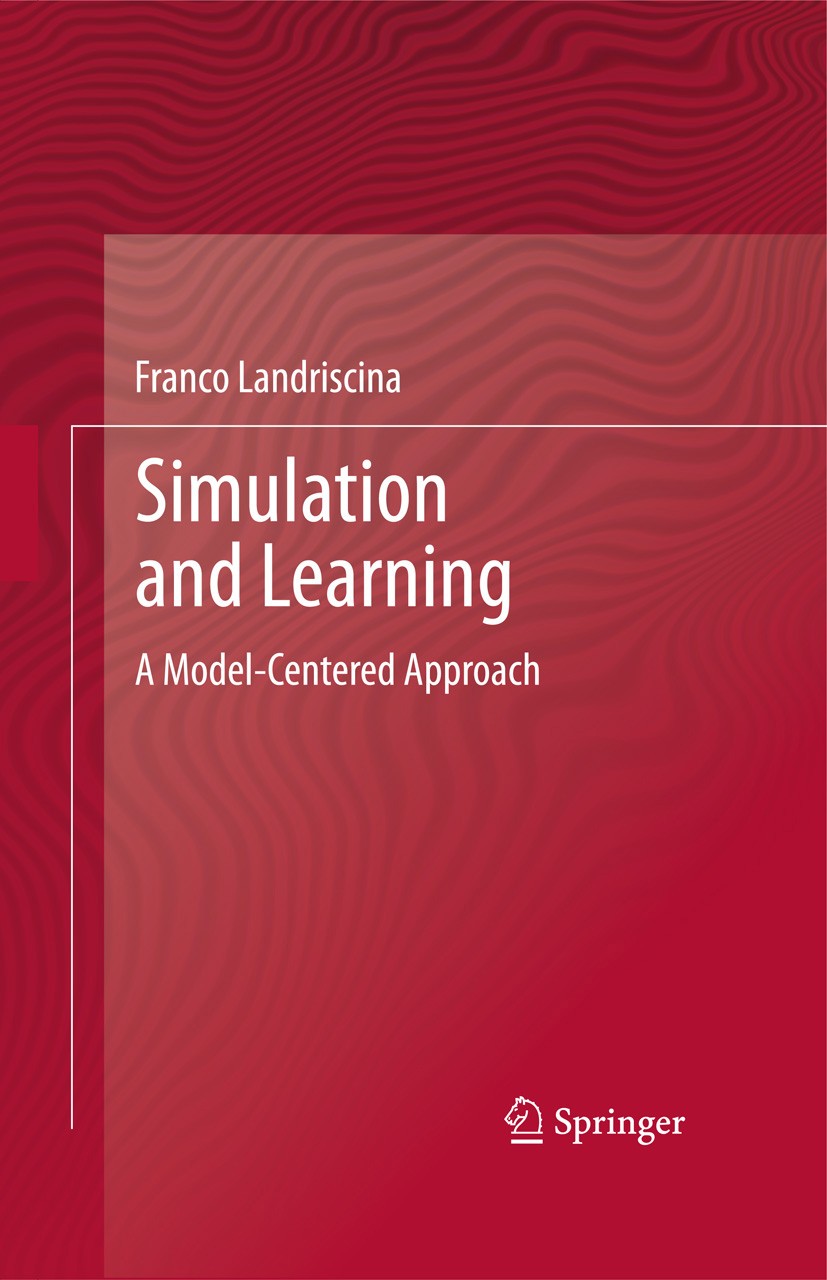| 书目名称 | Simulation and Learning | | 副标题 | A Model-Centered App | | 编辑 | Franco Landriscina | | 视频video | http://file.papertrans.cn/868/867562/867562.mp4 | | 概述 | Emphasizes the connection between simulation and mental process.Provides in-depth analysis of the relationships between simulation and mental models.Demonstrates ways that simulation can be used suppo | | 图书封面 |  | | 描述 | The main idea of this book is that to comprehend the instructional potential of simulation and to design effective simulation-based learning environments, one has to consider both what happens inside the computer and inside the students‘ minds. The framework adopted to do this is model-centered learning, in which simulation is seen as particularly effective when learning requires a restructuring of the individual mental models of the students, as in conceptual change. Mental models are by themeselves simulations, and thus simulation models can extend our biological capacity to carry out simulative reasoning. For this reason, recent approaches in cognitive science like embodied cognition and the extended mind hypothesis are also considered in the book.. A conceptual model called the “epistemic simulation cycle” is proposed as a blueprint for the comprehension of the cognitive activies involved in simulation-based learning and for instructional design. | | 出版日期 | Book 2013 | | 关键词 | Concept models for cognition; Embodied cognition; Model-based instructional design; Model-centered lear | | 版次 | 1 | | doi | https://doi.org/10.1007/978-1-4614-1954-9 | | isbn_softcover | 978-1-4899-9965-8 | | isbn_ebook | 978-1-4614-1954-9 | | copyright | Springer Science+Business Media New York 2013 |
The information of publication is updating

|
|
 |Archiver|手机版|小黑屋|
派博传思国际
( 京公网安备110108008328)
GMT+8, 2025-12-16 07:41
|Archiver|手机版|小黑屋|
派博传思国际
( 京公网安备110108008328)
GMT+8, 2025-12-16 07:41


